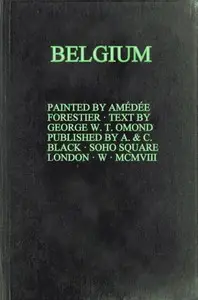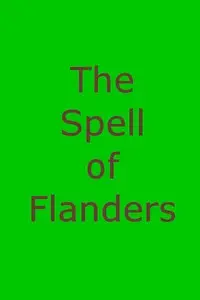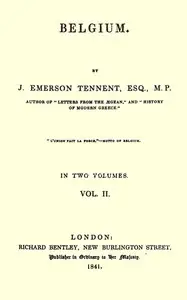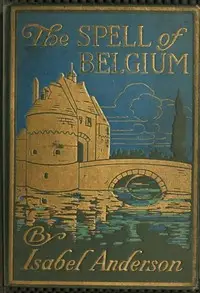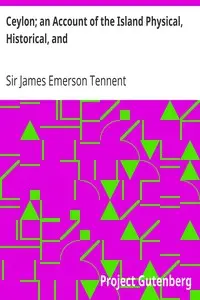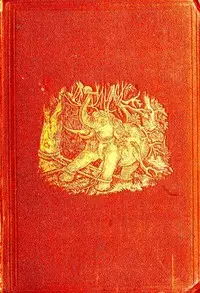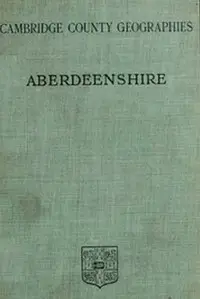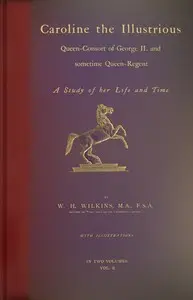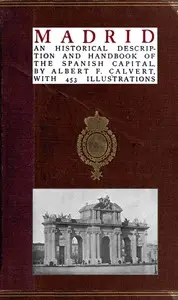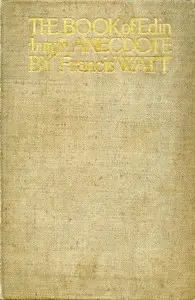"Belgium, Vol. 1 (of 2)" by Sir James Emerson Tennent is a 19th-century exploration of Belgium's cultural, political, and economic evolution, especially after the revolutionary period of 1830. Through the eyes of a traveler, the book paints a picture of a nation grappling with its newfound independence, revealing both its struggles and its potential through detailed observations of cities like Ostend and Bruges. The narrative reflects on the impact of historical relationships and trade, using Belgium's story as a mirror to analyze Ireland's governance and social dynamics in the face of change, calling for leaders to remember history in their choices for the future.
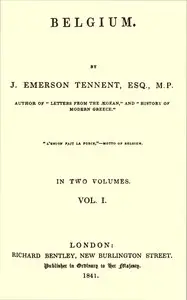
Belgium, Vol. 1 (of 2)
By James Emerson Tennent
Witness a country reborn from revolution, grappling with economic revival and political identity as seen through the eyes of a watchful traveler.
Summary
About the AuthorSir James Emerson Tennent, 1st Baronet, FRS was a Conservative Member of the United Kingdom Parliament for the Irish seats of Belfast and of Lisburn, and a resident Colonial Secretary in Ceylon. Opposed to the restoration of a parliament in Dublin, his defence of Ireland's union with Great Britain emphasised what he conceived as the liberal virtues of British imperial administration. In Ceylon, his policies in support the growing plantation and wage economy met with peasant resistance in the Matale Rebellion of 1848. In recognition of his encyclopedic surveys of the colony, in 1862 he was elected a Fellow of the Royal Society.
Sir James Emerson Tennent, 1st Baronet, FRS was a Conservative Member of the United Kingdom Parliament for the Irish seats of Belfast and of Lisburn, and a resident Colonial Secretary in Ceylon. Opposed to the restoration of a parliament in Dublin, his defence of Ireland's union with Great Britain emphasised what he conceived as the liberal virtues of British imperial administration. In Ceylon, his policies in support the growing plantation and wage economy met with peasant resistance in the Matale Rebellion of 1848. In recognition of his encyclopedic surveys of the colony, in 1862 he was elected a Fellow of the Royal Society.



